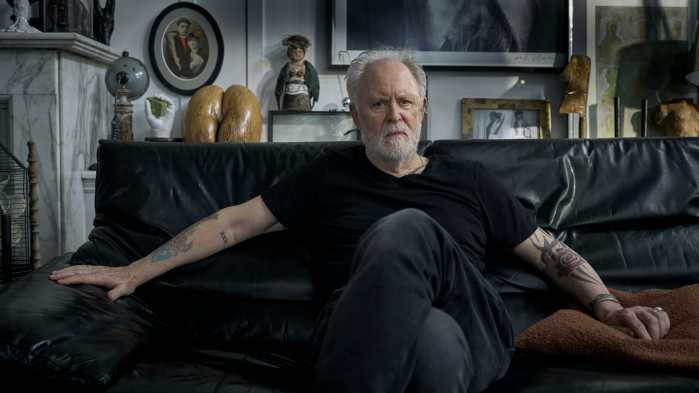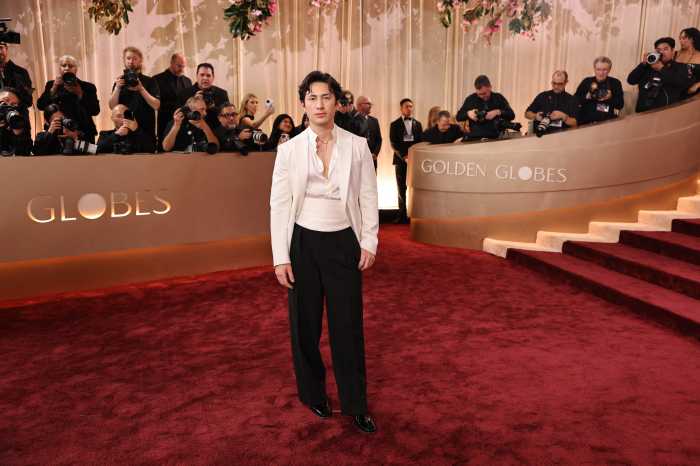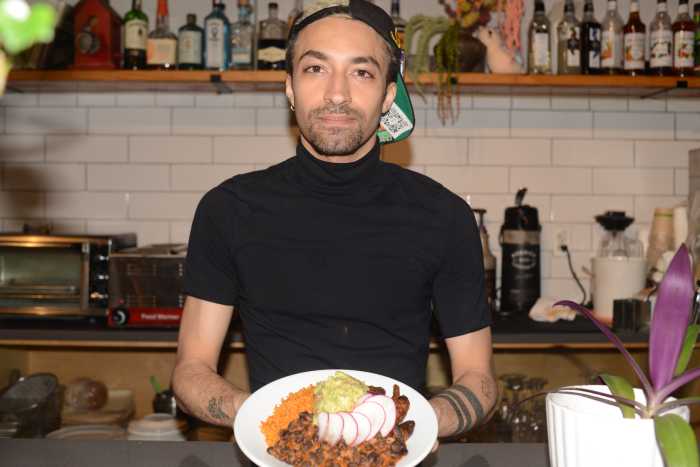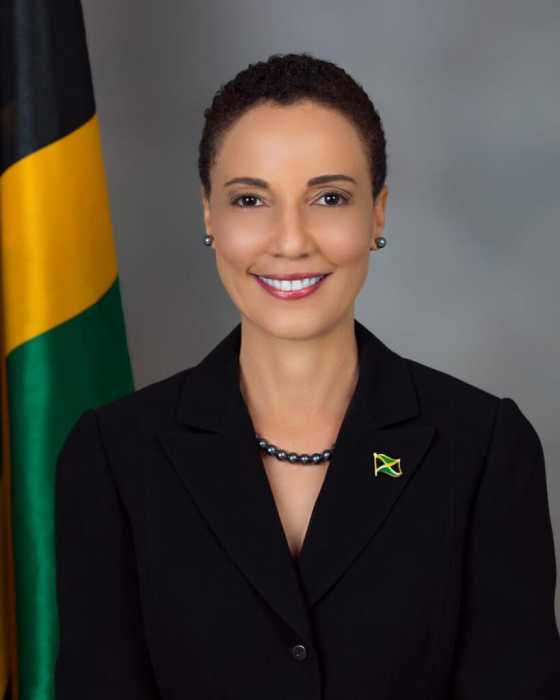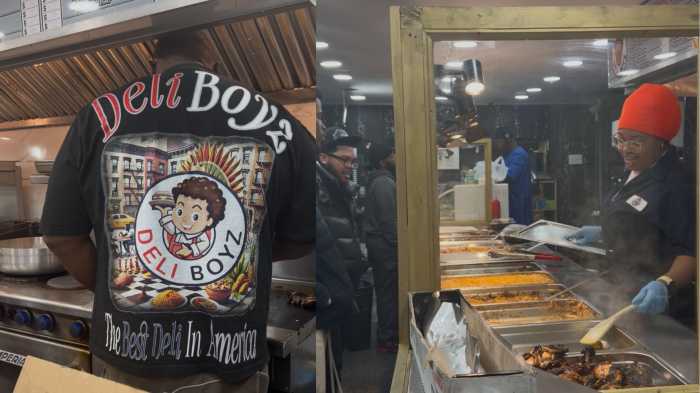A gay director goes undercover tomake a gay-themed film in China
For his latest film, Lan Yu, Hong Kong director Stanley Kwan ventured into Beijing to tell a gay love story. As one of a handful of gay and lesbian films ever set in mainland China, the project was shot as a clandestine operation. The issue of shooting a gay film in China is so potentially troublesome for the director that he remains tight-lipped to this day about exactly how his film was made.
Kwan was once a favorite director on the international film festival circuit. His films like Rouge (1987), a ghost story, and Actress (1992), a semi-documentary portrait of a ‘30s Chinese movie star, were critically acclaimed. Since then, Kwan has fallen off the cinematic radar in recent years. Lan Yu, which has played dozens of festivals over the last year and has garnered the director a distribution deal with Strand Releasing, promises to return him to the consciousness of the American audience.
Lan Yu was adapted by screenwriter Jimmy Ngai from a novel published anonymously on the Internet. The author’s name on-line was given as “Beijing Comrade.” “Comrade” is slang for gay in Mandarin. A print edition has now been published in Taiwan, and reportedly “Comrade” is working on a sequel. In China, where publishing provocative material can get you arrested, the Internet has become the means of disseminating controversial ideas.
In addition to being a love story, Lan Yu takes on an allegorical dimension, referring obliquely to the Tiananmen Square massacre. More overtly, it refers to the rise of capitalism in China over the past decade. For two reasons, Kwan decided to make it in Beijing. First off, the novel is set there. But the director has an artistic reason as well.
“The changes in mainland China over the past ten years have been much more interesting than the ones in Hong Kong and Taiwan. The film focuses on a world that’s gradually becoming influenced by the outside. However, it’s a dream of an ideal world. When Chen (Jun Hu) gets married to fulfill his obligations as a businessman, that world breaks down. Also, China started anti-corruption investigations in 1986, and Chen almost loses his life because of them.”
The thirty-something Chen Hangdong is an extremely rich man, the owner of an expanding import/export company. However, he keeps his homosexuality a secret. Lan Yu is a younger man who''s come to Beijing to study architecture. Someone suggests that he work as a hustler to support himself and he does, meeting Chen, who takes him in and spends a great deal of money on him. However, Chen keeps insisting that their relationship won''t go on forever: the specter of constant change and loss haunts the film. Chen really does care about Lan, buying him a house and warning him away from Tiananmen Square. Lan wants a life partnership, but Chen is far more materialistic (he can afford to be, both figuratively and literally). Eventually, Chen caves into the demands of a heterosexual facade and marries a translator.
After years of repression, it’s tempting to view almost every Chinese, Taiwanese, or Korean film as an allegory. However, Lan Yu takes its characters’ sexuality for granted, even as it acknowledges the pressures of the closet. Its real agenda is more complex than a simple denunciation of homophobia or celebration of gay self-esteem. The film is a welding together of a love story and a depiction of the ups and downs of Chinese life over the 90s. Through the power of money, Chen and Lan Yu eventually wind up changing places.
Kwan came out in 1996, via his film Yin and Yang, a documentary commissioned by the British Film Institute to commemorate the 100th anniversary of the birth of cinema. One director was chosen to make a film about the history of film in his or her country (Martin Scorsese for the U.S., Stephen Frears for the U.K., Jean-Luc Godard for France). Kwan was chosen to cover China.
Rather than a conventional historical approach, he chose to focus on issues of gender and sexuality in the region’s cinema, including everything from clips of outrageously homoerotic gore scenes to interviews with directors like Chen Kaige and Tsui Hark as well as his own mother.
Although Kwan says that “he’s not particularly interested in making ‘gay films,’ he’s made three that could be considered such, including Hold You Tight (1997). In that film the characters’ sexuality gradually emerged out of the story.
“It was inspired by a female friend whose relationship with her husband was fascinating” Kwan says. The script was developed in 1996 and filmed in 1997. Through that process, subconsciously, the character turned into someone more confused about sexual identity.”
Kwan found it easier to find mainland Chinese actors who were willing to play gay roles than Hong Kong ones.
“The two lead actors are both from the Beijing Performance Academy. They really love acting and they loved the script. In the first reading, they didn’t care if the characters were straight or gay. If I asked some Hong Kong star, I’d have to go through a lengthy process of trying to convince him, show him how good the script is and what the maximum level of sexuality will be. After the sex scene at the beginning of Happy Together, which Wong Kar-wai sprung on Tony Leung, Leung was upset for weeks.”
Lan Yu ends on a particularly odd note, a lengthy shot taken from the point of view of a car window. On one hand, it allows the audience room to breathe; on the other, it’s something of a non sequitur.
“It was not in the script. We shot 2 or 3 weeks in the main location, passing by a construction site in the car. After the principal shooting, I thought it would make an amazing image. I didn’t know where to use it, but at the editing table, I thought the structure actually gives some space for the audience. It’s a moment that allows them to remember their own past relationships.”


